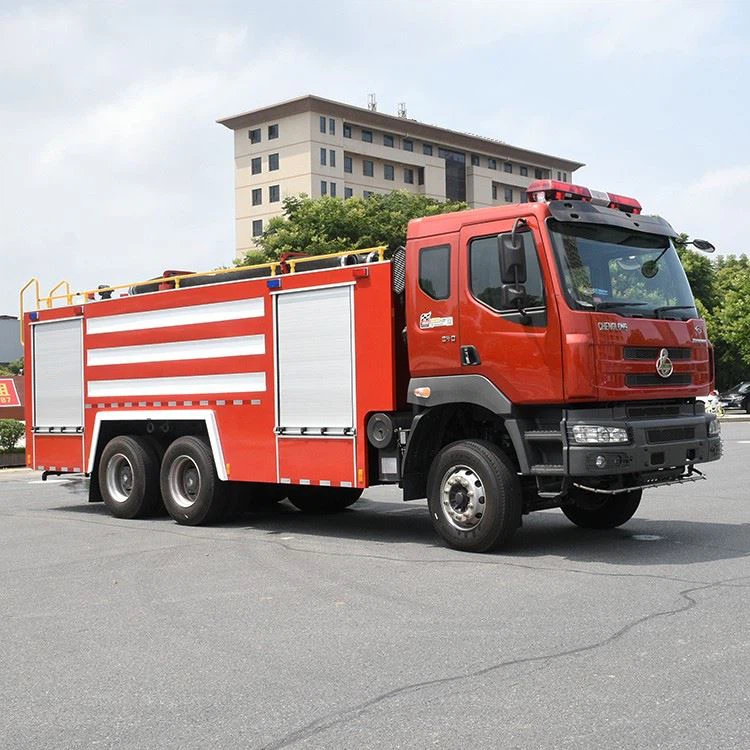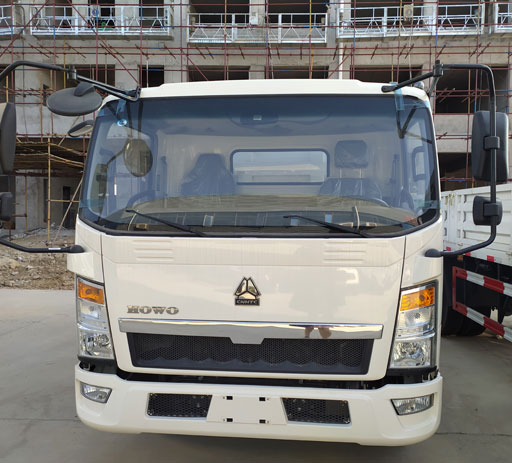Understanding the Difference Between Extended Cab and Crew Cab Trucks

The choice between an extended cab and a crew cab is significant for truck buyers. Understanding their differences helps you determine which fits your needs better. This article will explore the features, benefits, and practical examples of both extended cab and crew cab pickups, guiding you to make an informed decision.
1. Overview of Pickup Truck Cab Options
Pickup trucks come in various configurations, each designed for specific uses and preferences. The primary cab styles include:
- Regular Cab
- Extended Cab
- Crew Cab
- SuperCrew Cab
Extended cab and crew cab are two popular options, especially among families and users who prioritize passenger comfort. Understanding their distinctions is essential for knowing which one best meets your needs.
2. What is an Extended Cab Truck?
2.1 Definition and Features
An extended cab truck features a compact rear seat area, generally suitable for occasional passengers or extra storage. Common features include:
- Two full-size doors and two smaller rear doors.
- Rear seating capacity typically for two passengers.
- Reduced cargo area compared to a crew cab but offers decent utility.
2.2 Dimensions and Size
The extended cab usually has a shorter wheelbase than a crew cab, making it easier to maneuver in tight spaces. On average, the rear legroom in an extended cab is around 28-33 inches, depending on the model.
2.3 Pros and Cons
| Pros | Cons |
|---|---|
| More storage space than a regular cab | Limited rear passenger space |
| Affordably priced | Not ideal for larger families |
| Good for occasional use | Not as spacious as crew cabs |
3. What is a Crew Cab Truck?
3.1 Definition and Features
A crew cab truck is designed with a spacious four-door layout, making it ideal for carrying passengers. Key features include:
- Four full-size doors for easy access to both front and rear seats.
- Seating capacity for up to six passengers, depending on configuration.
- More extensive rear seat area for additional comfort.
3.2 Dimensions and Size
The crew cab typically offers more rear passenger space, with legroom averaging around 35-40 inches. This extra space enhances comfort, especially on longer trips.
3.3 Pros and Cons
| Pros | Cons |
|---|---|
| Spacious interior for families | Higher price point |
| Comfortable for long trips | Less cargo capacity compared to extended cabs |
| Better accessibility with four doors | Can be harder to park in tight spots |

4. Key Differences: Extended Cab vs. Crew Cab
4.1 Passenger Capacity
The most apparent difference is passenger capacity. An extended cab typically accommodates up to four passengers comfortably, while a crew cab can hold up to six, making the crew cab the better option for larger families.
4.2 Rear Seat Space
The legroom and overall space of the rear seats differ significantly. Crew cabs provide more legroom and comfort, while extended cabs are relatively compact.
4.3 Accessibility
Accessing the rear seats of a crew cab is more convenient due to its full-size doors. In contrast, extended cabs have smaller, rear-hinged doors that can be cumbersome for frequent use.
4.4 Cargo Space
Extended cabs often offer slightly more cargo space due to their design. Since crew cabs provide more area for passengers, the cargo bed may be shorter compared to some extended cab models.

4.5 Price Comparison
Generally, extended cabs are more budget-friendly than crew cabs. The price difference can be attributed to the extra features and space that crew cabs provide.
5. Choosing Between Extended Cab and Crew Cab
5.1 Factors to Consider
- Family Size: For larger families, the crew cab is usually preferable.
- Usage: If you frequently transport passengers, a crew cab is the better option.
- Budget: For budget-conscious buyers, extended cabs may present a more affordable solution.
- Cargo Needs: If you require more cargo space, an extended cab might suit you better.
5.2 Practical Examples
If you are a contractor who occasionally transports workers, the extended cab may suffice. However, if you often take the family on trips or need to carpool, a crew cab would provide significantly more comfort.
6. Popular Models for Extended Cabs and Crew Cabs
| Extended Cab Models | Crew Cab Models |
|---|---|
| Ford F-150 SuperCab | Ford F-150 SuperCrew |
| Chevrolet Silverado 1500 Double Cab | Chevrolet Silverado 1500 Crew Cab |
| Ram 1500 Quad Cab | Ram 1500 Crew Cab |
| Toyota Tacoma Access Cab | Toyota Tacoma Double Cab |
7. Final Tips for Choosing a Truck Cab Style
- Test Drive: Always test drive both styles to assess comfort and space.
- Think Long-Term: Consider how your situation may change in the future, such as expanding your family or business needs.
- Research: Look up specifications of different models to see which one meets your requirements best.
- Assess Features: Look for additional features like infotainment systems, safety features, and storage options that may impact your comfort.
8. Frequently Asked Questions (FAQs)
8.1 What is the main advantage of a crew cab over an extended cab?
The primary advantage is the additional passenger space and accessibility that crew cabs offer, making them more comfortable for families and groups.
8.2 Are extended cabs cheaper than crew cabs?
Yes, extended cabs are generally more affordable due to their smaller size and fewer features compared to crew cabs.

8.3 Can I fit a car seat in an extended cab?
While you can fit a car seat in an extended cab, it may require more effort to access the back seat, and the space may be cramped for larger car seats.
8.4 Which cab style is better for work purposes?
It depends on your specific needs. If you often carry passengers along with tools and equipment, a crew cab is better. For more cargo and occasional passengers, an extended cab could be sufficient.
8.5 Do extended cabs have the same towing capacity as crew cabs?
Towing capacity may vary based on the specific model and configuration, so it’s wise to check the manufacturer’s specifications for each truck.
8.6 How do I decide which truck cab style suits my lifestyle?
Consider your daily needs, including how many passengers you carry regularly, your cargo requirements, and budget constraints. Test both styles to determine which feels more comfortable for your lifestyle.
